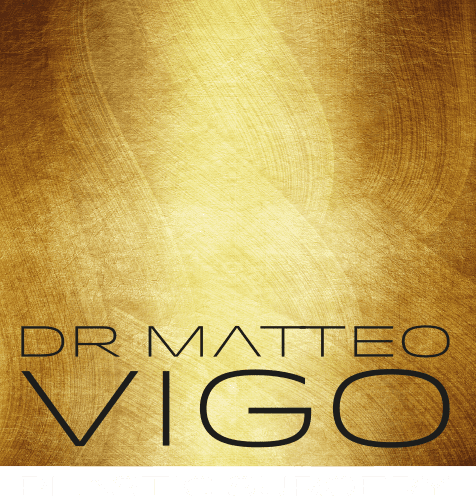Cellulite: Causes, Treatment & Prevention
Plastic Surgery Dubai | 16 October 2020
There’s no substitute for a healthy lifestyle of regular exercise and a well-balanced diet, especially if you’re trying to lose weight or keep in shape.
But despite all your best efforts, you may find you just can’t get rid of fat or cellulite quickly enough from some areas of your body.
Particular problem areas are under the arms or chin, around the neck or waist, and on the abdomen or thighs. Or bingo wings, love handles, beer bellies and muffin tops as they’re otherwise known!
And even if excess fat or cellulite isn’t a major problem, it may seem harder to keep up your youthful appearance, as ageing skin loses its elasticity and firmness and starts to sag.
Liposuction, commonly known as liposculpture, involves removing unwanted subcutaneous fat while simultaneously re-contouring to create a more aesthetically appealing body.
While not a treatment for obesity, liposuction- liposculpture selectively removes persistent and unwanted subcutaneous fat.
Bothersome fatty deposits are found in areas that are resistant to diet and exercise, such as the face, neck, breast, abdomen, upper arm, hips, thighs, knees, and ankles. Liposuction-liposculpture can be performed on multiple areas at one time – your surgeon will follow accepted guidelines regarding safe volumes which may be removed in one session.
While goals include size improvement, this procedure is not for weight loss. Final results may not be evident for 6 months following your procedure. During this time your body balances fluids and the skin and remodels underlying tissues. Final results also depend on proper nutrition, exercise and decreasing your caloric intake.
Small incisions are made in hair bearing areas or natural skin folds. A special tumescent solution is next placed within the fatty areas to be removed. This solution provides anesthesia to the areas, while limiting the usual blood loss. Fat is then carefully removed from the areas of concern to the patient using a surgical instrument called a cannula, which is attached with tubing to a suction machine.
The time for completion of the procedure depends upon the total amount of fatty tissue removed. At the end of the procedure, the skin openings may be sutured or left open to heal, depending on the size of the openings. The patient may be placed in a compression garment that is worn for certain amount of time afterwards.
While recovery is easy, you should expect some initial drainage along with swelling, bruising and discomfort. Your compression garment will minimize the swelling, bruising, discomfort and assist in the retraction of any loose skin.
While some results are noted immediately, your final shape and form will continue to improve as your swelling subsides. You will be encouraged to be up and about the night of your surgery and progressively increase your activities. Usually light work duties may be resumed within three to five days and vigorous exercise within two to four weeks.
